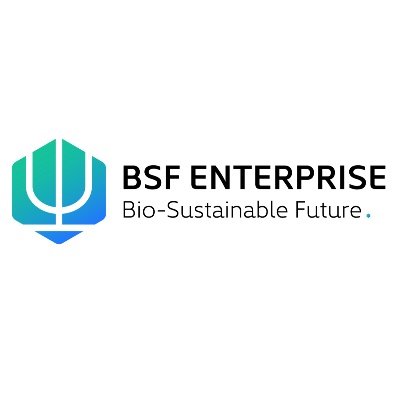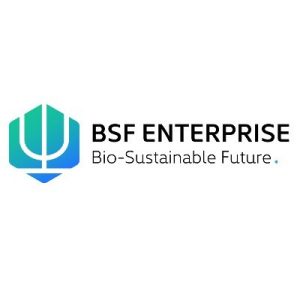BSF Enterprise plc, a UK-based biotechnology investment company, has been at the forefront of sustainable innovation, especially through its subsidiary, Lab-Grown Leather. Managing Director Dr. Che Connon recently discussed how Lab-Grown Leather is redefining the traditional leather industry by producing a sustainable, high-quality leather alternative that has attracted the attention of luxury fashion brands worldwide.
For years, artificial leather has been promoted as a sustainable replacement for traditional leather. However, concerns about its environmental impact remain. While artificial leather avoids the ethical issues linked to animal leather, it often relies on petroleum-based materials like PVC and other plastics, which do not degrade and can negatively impact the environment. Although there have been advancements in reducing petrochemical content, plastic components still dominate the material composition. Some innovations involve blending plant-based or fungal materials with plastics to enhance durability, but the environmental impact is minimal. Many of these alternatives lack the durability, texture, and colour versatility that consumers expect.
Dr. Connon explained that Lab-Grown Leather has taken a completely unique and innovative approach, producing 100% naturally structured lab-grown leather. Unlike traditional or artificial alternatives, this lab-grown leather replicates the ultrastructure of animal leather, particularly its nanoscale protein arrangement, ensuring it behaves, wears, and ages just like natural leather. This is achieved through advanced techniques developed by BSF’s 3D Bio-Tissues (3DBT), initially focused on tissue engineering. The result is a high-quality leather material that not only matches but sometimes exceeds the durability and texture of animal leather, and it requires no plastic-based materials for added structure. Importantly, this approach eliminates the need for animal products altogether, addressing both environmental and ethical concerns without compromising on quality.
Lab-Grown Leather’s structural composition simplifies the tanning process, which further enhances its environmental credentials. Dr. Connon noted that this optimised structure also allows for larger, consistently high-quality pieces, a crucial advantage in luxury manufacturing. Traditional animal leather is inherently inconsistent, as natural imperfections vary from one piece to the next, making it challenging to achieve the uniformity expected in high-end fashion.
Positive feedback has already been received from major fashion houses, with one influential brand calling Lab-Grown Leather the “best alternative material” they’ve encountered. This praise underlines how Lab-Grown Leather addresses both the aesthetic and ethical demands of the fashion industry, which has struggled to find alternatives that genuinely rival animal leather. Other brands have expressed similar enthusiasm, particularly since current alternatives often fail to meet luxury standards.
BSF Enterprise’s investment strategy focuses on advancing biotechnology solutions that meet pressing global challenges. With a commitment to sustainability and reduced environmental impact, BSF supports ventures like 3D Bio-Tissues, which specialise in cell-based tissue engineering. Beyond leather, this technology is also applied in producing lab-grown meat, an area with the potential to provide ethical and scalable solutions to meet growing protein demand. Listed on the London Stock Exchange under ticker BSFA, BSF Enterprise plc continues to prioritise sustainable developments in biotechnology, aiming to drive meaningful progress in fields such as clean technology, health, and sustainable food production.


